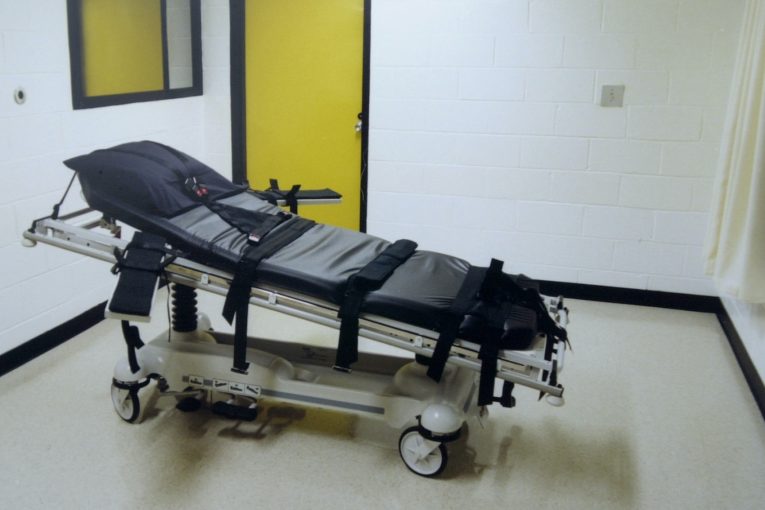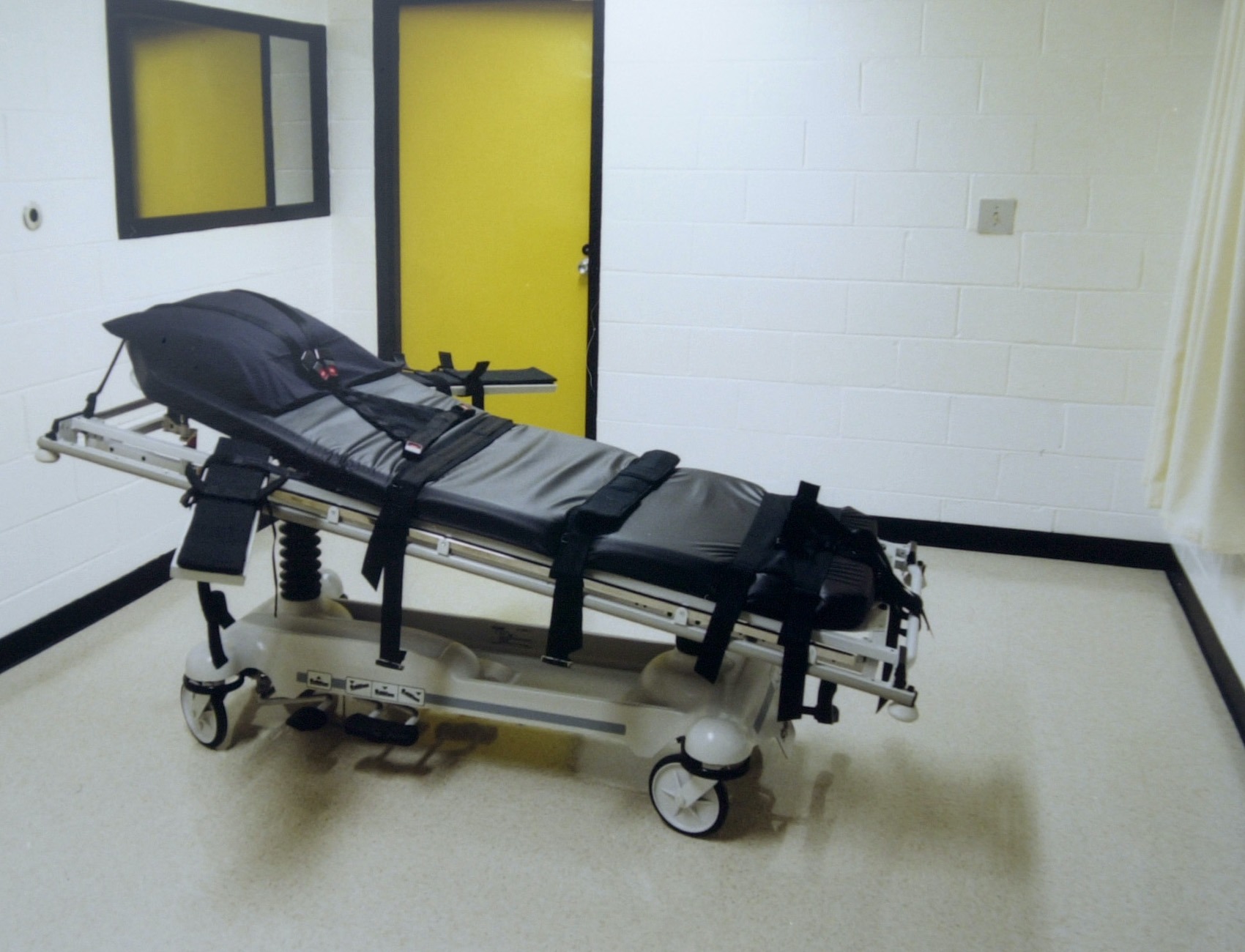

By Lauren Smith and Wendy Moya
ARIZONA, AZ – Two men previously given a death sentence could now have their respective cases reconsidered because of claims of inadequate legal counsel.
In 1989, in the state of Arizona, David Ramirez was charged for two murders and sentenced to death after he was convicted of stabbing his girlfriend and his girlfriend’s daughter to death.
Ramirez was inebriated and also under the influence of cocaine at the time of the crime.
In addition, he had only a single IQ test performed, despite evidence that he has an intellectual disability. The court rejected the request for a psychiatrist and mitigation specialist.
In 1995, also in Arizona, Barry Jones was convicted of murder and sentenced to death after being found responsible for the death of his girlfriend’s four-year-old daughter.
She died from a tear in her bowel caused by blunt trauma to her abdomen; however, she also presented other injuries on her genitals, a cut on her scalp, and bruises littering her body.
He was the primary suspect because he was alone with the victim on multiple occasions on the day that she had supposedly sustained these injuries.
Although expert input would be necessary to accurately date the injuries of Jones’s girlfriend’s daughter’s body, a second autopsy was never  performed and other forensic evidence, such as tissue slides and photographs necessary for dating the injuries sustained by the victim, were never considered.
performed and other forensic evidence, such as tissue slides and photographs necessary for dating the injuries sustained by the victim, were never considered.
Both men filed habeas relief on the ground that their respective legal counsels were ineffectively pursuing the trials and defense.
Habeas relief was filed by the men, who hold that their detention may be unlawful. In the cases of Ramirez and Jones, they both point to the deficiency of their legal counsel and likelihood that the results of their respective trials would have differed had they had proper representation.
Given the fact that both of these cases were improperly debated, the men were tasked with demonstrating that their respective counsels performed deficiently and the outcomes would have been different had it not been for the counsel.
Both Jones and Ramirez’s request for habeas relief reached the U.S. Court of Appeals of the Ninth Circuit and the court sided with the men. The state of Arizona appealed and claimed that the cases had been tried correctly.
The U.S. Supreme Court later announced it would be hearing the case. There were nine different Amicus Briefs submitted to court in support of the men.
According to the brief submitted by the defendant’s counsel, they argued that “both Respondents received ineffective assistance of state-appointed trial counsel, in violation of their Sixth Amendment rights [and] received ineffective assistance of state appointed post conviction counsel, who failed to properly raise and develop those Sixth Amendment claims at the first opportunity to do so in state court.”
Furthermore, the brief alleges that there has been a “systemic failure” to protect both men’s trial rights.
Counsel also argued that “trial counsel for David Ramirez…failed to investigate and raise powerful mitigating evidence demonstrating that [the defendant] has suffered from intellectual disability since childhood, and experienced severe physical abuse and neglect.”
The brief claims that both defendants received “ineffective assistance of state-appointed trial counsel,” but were not responsible for bringing that issue up with the courts because there was a “lack of diligence, or some greater fault, attributable to…the prisoner’s counsel.”
Lastly the brief argues that Arizona’s persistence in prosecuting the defendants “would undermine the Sixth Amendment right to effective trial counsel.”
The Innocence Network’s brief claims that “Arizona’s position would … carry the profoundly unjust consequence of precluding habeas petitioners from developing and presenting claims of actual innocence.”
A brief filed by former department of justice officials and former federal prosecutors including former Acting Attorney General Peter D. Keisler and former Deputy Attorney General James M. Cole states that “[i]f the Court were to adopt [Arizona’s] position, it would send the message that federal law is indifferent to whether a substantial claim of ineffective assistance of trial counsel receives any meaningful judicial review. This would cause incalculable damage to public confidence in the criminal justice system.”
Now the case has reached the Supreme Court, raising the question of whether or not a federal court reviewing someone’s habeas petition can consider new evidence that supports a claim that their trial counsel was ineffective under the Sixth Amendment and that claim was never raised in state court because post conviction counsel was also ineffective.
The case will be argued on Nov. 1 and could, according to legal experts, alter the fate of many people who face incarceration.







I commend the authors of this piece for including the crimes/charges against the two detainees.
All too often Vanguard readers are left to search for themselves to find the alleged crimes or convictions of the people in question.